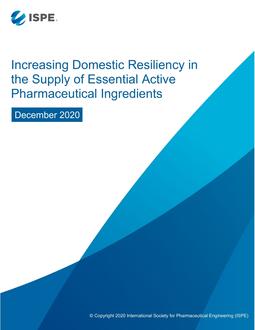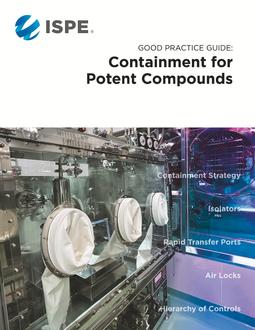
Click here to purchase
The reason for considering the use of ozone as the primary sanitizing agent for a pharmaceutical water distribution system is that there may be a wide range of possible operating and cost advantages. The significance of these advantages may vary depending upon the site and project. However, as with all methods of sanitization, the use of ozone technology will place specific requirements on the system design and operation.
This Guide discusses these ozone-specific requirements, including associated advantages and disadvantages. It also steps the reader through system design, operation, and control. As with any system design, it is the responsibility of the owner and the design team to evaluate ozone?s applicability taking into consideration the design guidance outlined in this Guide.
Ozone has been used extensively by many firms, while others have little or no experience with ozone as a sanitant. The reasons may include a lack of knowledge regarding system design and operation, concerns about compatible materials of construction, and safety and environmental issues. It has been reported that misunderstanding of the “added substance” issues with compendial waters also has been a potential deterrent. For this reason, there is also discussion of this issue in this Guide.
The purpose of this Guide is to provide detailed guidance relating to design and operation of pharmaceutical water systems using ozone for sanitization as well as describing the principles that allow this sanitization approach to be effective. The scope of this Guide includes designs and practices associated with ozone sanitization of high purity GMP pharmaceutical water storage and distribution systems. Other ozone applications are not considered (e.g., drinking water, cooling towers).
Product Details
- Published:
- 07/01/2012
- ISBN(s):
- 9781936379453
- Number of Pages:
- 144
- File Size:
- 1 file , 5.3 MB


